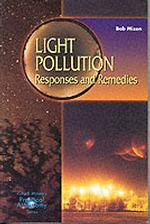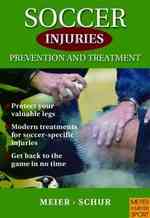- ホーム
- > 洋書
- > 英文書
- > Psychology
基本説明
Drawing on findings in psychology, neuroscience, and utilising the perspective of cognitive linguistics, this work argues that our experience of time may ultimately derive from perceptual processes, which in turn enable us to perceive events.
Full Description
One of the most enigmatic aspects of experience concerns time. Since pre-Socratic times scholars have speculated about the nature of time, asking questions such as: What is time? Where does it come from? Where does it go? The central proposal of The Structure of Time is that time, at base, constitutes a phenomenologically real experience. Drawing on findings in psychology, neuroscience, and utilising the perspective of cognitive linguistics, this work argues that our experience of time may ultimately derive from perceptual processes, which in turn enable us to perceive events. As such, temporal experience is a pre-requisite for abilities such as event perception and comparison, rather than an abstraction based on such phenomena. The book represents an examination of the nature of temporal cognition, with two foci: (i) an investigation into (pre-conceptual) temporal experience, and (ii) an analysis of temporal structure at the conceptual level (which derives from temporal experience).
Contents
1. Acknowledgements; 2. I. Orientation; 3. 1. The problem of time; 4. 2. The phenomenology of time; 5. 3. The elaboration of temporal concepts; 6. 4. The nature of meaning; 7. 5. The conceptual metaphor approach to time; 8. 6. A theory of word-meaning: Principled polysemy; 9. II. Concepts for time; 10. 7. The Duration Sense; 11. 8. The Moment Sense; 12. 9. The Instance Sense; 13. 10. The Event Sense; 14. 11. The Matrix Sense; 15. 12. The Agentive Sense; 16. 13. The Measurement-system Sense; 17. 14. The Commodity Sense; 18. 15. The Present, Past and Future; 19. III. Models for time; 20. 16. Time, motion and agency; 21. 17. Two complex cognitive models of temporality; 22. 18. A third complex model of temporality; 23. 19. Time in modern physics; 24. 20. The structure of time; 25. Notes; 26. References; 27. Index








